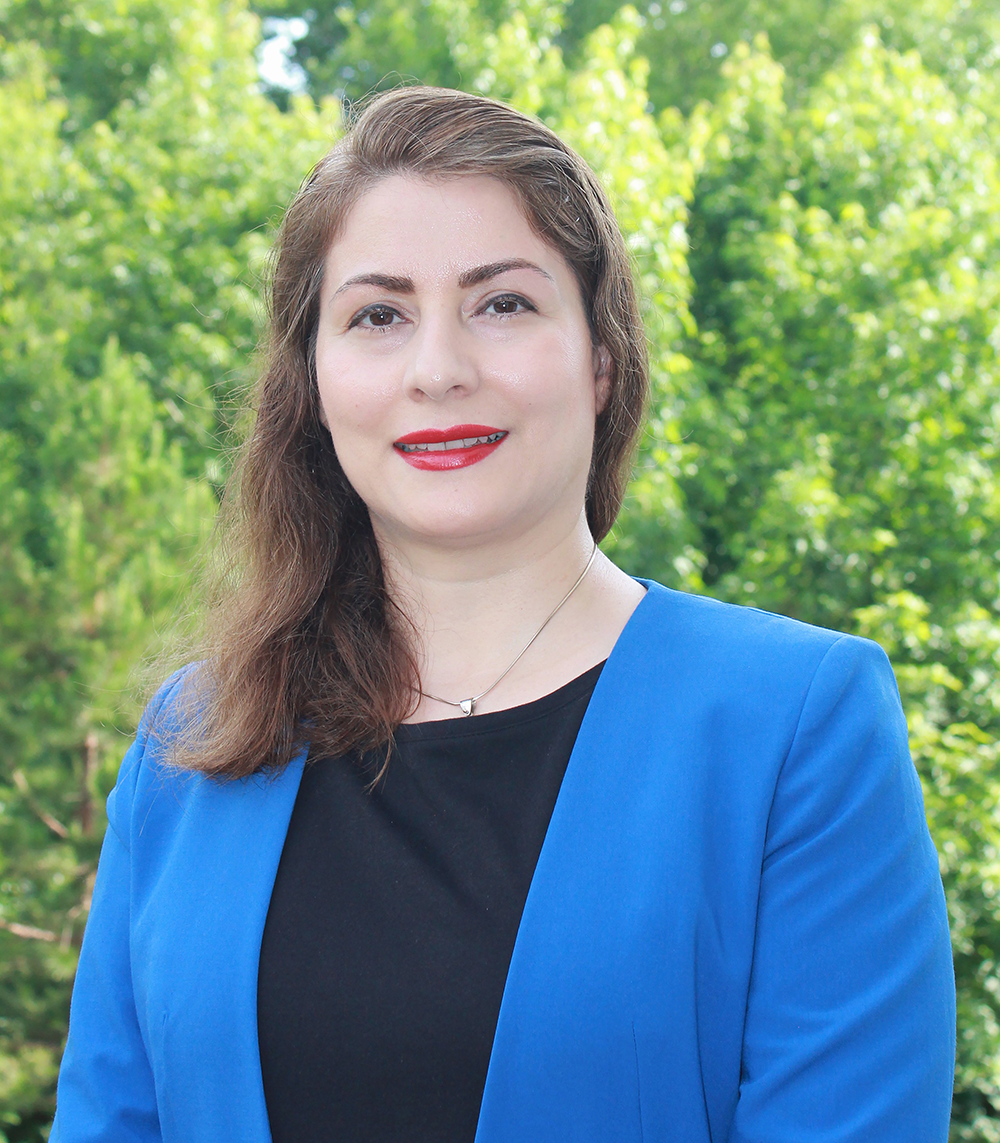Multimedia Arts Learning: Connecting STEAM among Special Education Students with AI
,
Colorado Convention Center, 108/10/12
Presentations with similar research topics are each assigned to round tables where hour-long discussions take place. Roundtables are intended to be more collaborative discussions about research.
This is presentation 2 of 3, scroll down to see more details.
Other presentations in this group:
Presenters


Session description
Framework
This research embraces John Dewey's framework contrasting traditional vs. progressive education and is further enhanced by modern AI capabilities.
It reflects Dewey's philosophy of experiential learning and integrated subject matter. It also leverages AI technology to create the adaptive, personalized learning experiences Dewey advocated.
This research provides active, creatively empowering activities aligned with Dewey's ideals by incorporating multimedia arts and AI. AI allows the realization of Dewey's student-centered approach on a larger scale.
Dewey's progressive perspective is extended through multimedia arts integration and optimized in modern contexts with AI. This allows experiential, integrative learning while providing the benefits of data-driven, individually tailored instruction via AI.
This research remains firmly rooted in Dewey's theoretical framework while also embodying a 21st-century approach enriched by multimedia arts and AI technology. It aims to fulfill Dewey's progressive vision of engaging, student-centered education within current STEAM contexts.
Methods
This exploratory case study utilizes interviews, researcher field notes, and thematic analysis to examine how multimedia arts activities enhanced by AI affect disabled students' STEM learning.
The research will be conducted at the University of Southeastern and Northeastern US with 10 undergraduate and high school disabled students in STEM courses.
An exploratory case study approach allows an in-depth investigation of this phenomenon using multiple data sources.
Semi-structured interviews will aim to understand students’ experiences with AI-enhanced multimedia arts integrated into STEM courses. Questions will focus on the impact on engagement, motivation, creativity, critical thinking, and learning.
Detailed field notes taken by researchers will document student behaviors, reactions, questions, and artifacts during activities using AI-driven adaptive multimedia content and tools.
Interview transcripts and field notes will be analyzed via a six-phase thematic approach. Codes and themes related to the research questions on multimedia arts and AI’s effects on STEM learning will be developed.
This methodology combines case studies, interviews, observations, and thematic analysis to provide rich insights into students’ experiences with AI-infused multimedia arts in STEM courses. The multiple data sources allow a deep understanding of this phenomenon within its real-world educational context.
Results
Combining qualitative data and thematic analysis is expected to yield compelling evidence on the positive impacts of integrating AI-powered multimedia arts into STEAM education for disabled students. Findings can shape practices to improve learning, engagement, and development.
Importance
This timely research will provide actionable practices and sparking insights highly valuable to ISTELive attendees seeking to integrate AI-powered multimedia arts into inclusive STEAM education. It embodies ISTE's mission of using technology to empower personalized, equitable learning for all students.
This study's educational and scientific significance stems from its rigorous investigation of an underexplored area that intersects multiple domains to advance more inclusive, engaging STEAM education enhanced by the arts and AI technology.
References
Aghasafari, S., Bivins, K., & Nordgren, B. (2021). Arts Integration and Culturally Sustaining Pedagogy: Supporting Bi/Multilingual High School Learners in Biology. Journal of Interdisciplinary Studies in Education, 10 (1), 59-81.
Briggs, M., Long, A., & Owens, T. (2011). Qualitative assessment of inquiry-based teaching methods. Journal of Chemical Education, 88(8), 1034-1040. https://doi.org/10.1021/ed100328c.
Dewey, J. (1938). Experience and Education. Toronto: Collier-MacMillan Canada Ltd.
Keane, L. & Keane, W.F. (2017). Achievements and challenges: Implementing a 1:1 program in a secondary school. Education and Information Technologies, 22(3), 1025–1041. https://doi.org/10.1007/s10639-016-9470-4.
Kehrer, A., Kelly, K., & Heffernan, N. (2022). Embedding art & STEM with personalized learning: Year 4 large-scale efficacy study. International Society for Technology in Education. https://www.iste.org/learn/AI-in-education.
Needles, T. (2020). STEAM Power: Infusing Art into Your STEM Curriculum. International Society for Technology in Education.
Radziwill, N.M., Benton, M.C., & Moellers, C. (2015). From STEM to STEAM: Reframing what it means to learn. The STEAM Journal, 2(1), Article 3. https://doi.org/10.5642/steam.20150201.03
Todd, R.W. (2016). Visual art and performing arts: An intrinsic case study. Forum on Public Policy Online, 2016(2).
Seidman, I. (2013). Interviewing as qualitative research: A guide for researchers in education and the social sciences. Teachers College Press.
Stewart, M. G., & Walker, S. (2005). Rethinking curriculum in art. Davis.
Yin, R. (2009). Applied social research methods series: Case study research design methods. Sage.
Yin, R. (2014). Case study research: Design and methods. Sage.
Session specifications
Change Agent
- Facilitate equitable use of digital learning tools and content that meet the needs of each learner.
- Collaborate with educators to design accessible and active digital learning environments that accommodate learner variability.
Equity and Citizenship Advocate
- Ensure all students have access to the technology and connectivity necessary to participate in authentic and engaging learning opportunities.
 Return
Return Listen and learn: Research paper
Listen and learn: Research paper  Trips and Tours
Trips and Tours